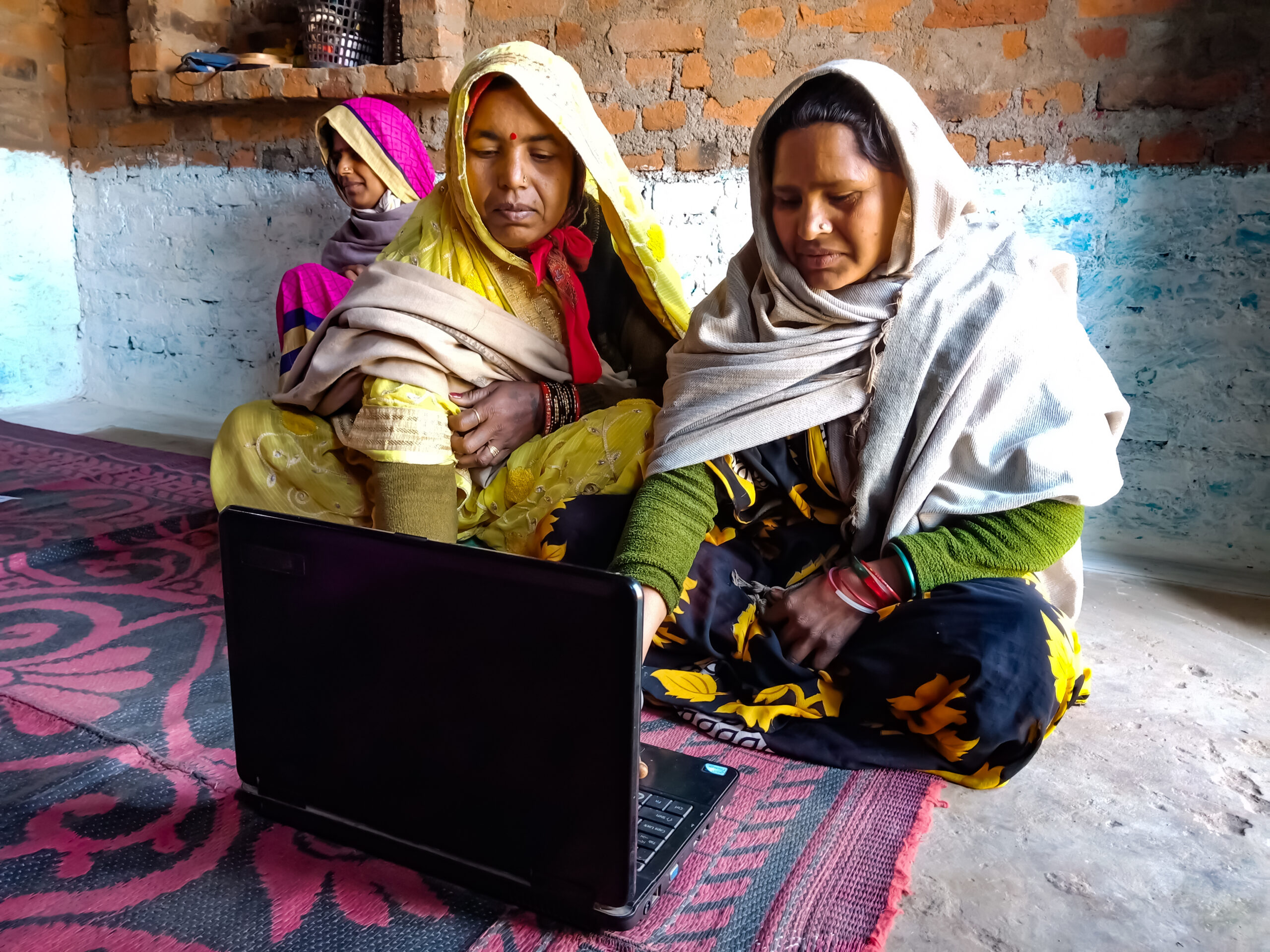Women in Traditional and Digital Financial Inclusion

“To accelerate the sustainable business growth, women entrepreneurs benefit from responsible digital innovation”
Lory Camba Opem
Global Financial Inclusion and Digital Finance at IFC Financial
Institutions Group
In this post, we will share key takeaways from our conversation with Lory Camba Opem, who works in IFC’s Financial Institutions Group, and focuses on Global Financial Inclusion & Digital Financial Services. The IFC is actively working on sex-disaggregated data through its own portfolio of clients and have recently observed that a number of clients have increased digitalization due to the ongoing COVID-19 crisis. The process of digitization remains a challenge to gender inclusivity with regards to financial access, due to factors such as social norms[1], access to mobile phones and digital platforms or bias in data algorithms that may constrain women’s inclusion in global emerging markets. IFC continues to address these gender gaps as part of its broader digital transformation work. By building on a recent internal analysis of its investment and advisory portfolio globally, the business case for women in traditional and digital financial inclusion remain strong:
- Women are good borrowers: IFC’s own internal data analyses[2], as well as broader industry data show that financial and fintech institutions are willing to provide women with credit because of their history of timely repayments, risk averseness, and serious commitment to their financial responsibilities. To make loan access easier and build trackable credit, there is an interest across financial institutions to involve more women in digital credit scoring. Improving accurate data collection and systematic data analysis to evaluate and tailor financial products to fit women’s needs remain critical for women’s digital inclusion.
- Tailored non-financial services for women: In emerging markets, women are more likely to be informal micro and small business-owners. In the formal economy, women have increasing access to credit and social networks. Women-focused businesses that provide non-financial services such as digital literacy, financial and business skills development are essential to achieve financial inclusion and further expand access to credit. Providing tailored interventions such as non-financial services for women businesses have shown positive performance results, which should be leveraged further through digital financial services[3].
- Gender diversity in the workforce and leadership correlates positively with financial performance: Notwithstanding social norms across developed and developing markets, women-focused businesses perform better along numerous financial indicators including asset quality, profitability, operational efficiency, and productivity. When women hold at least 30 percent of leadership positions as managers and board members, these businesses benefit from stronger profitability, productivity, and efficiency.
Advances in digital technology remain critical, as women in emerging markets are still less likely to have an account.[4] We recognize that there are immense challenges to include women digitally and financially in the economic ecosystem but, strides are being made in the right direction and innovative solutions and responsible investments[5] are continuously evolving to address both opportunities and risks for women in financial inclusion.
[1] World Bank. 2022. Women Business and the Law 2021.
[2] IFC. 2021. Banking on Women Business Case Update #4, Lower NPLs for Women-Owned SMEs.
[3] IFC. 2021. COVID-19 and Women-Led MSMEs in Sub-Saharan Africa.
[4] World Bank. 2018. Global Findex Database 2017: Measuring Financial Inclusion and the Fintech Revolution.
[5] IFC. 2019. The Case for Responsible Investing in Digital Financial Services.